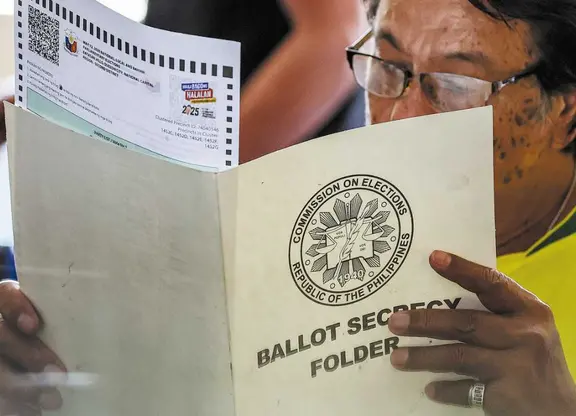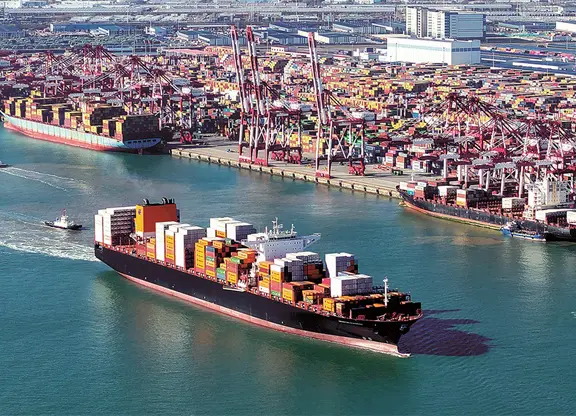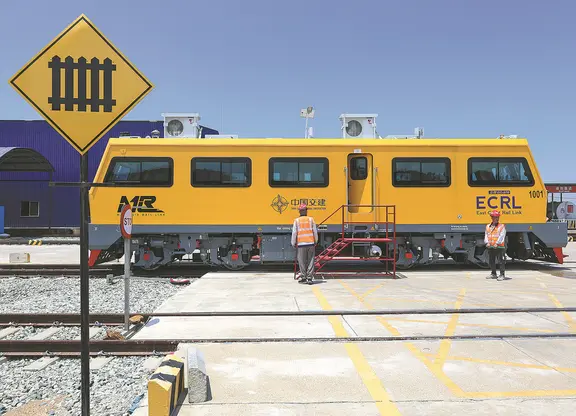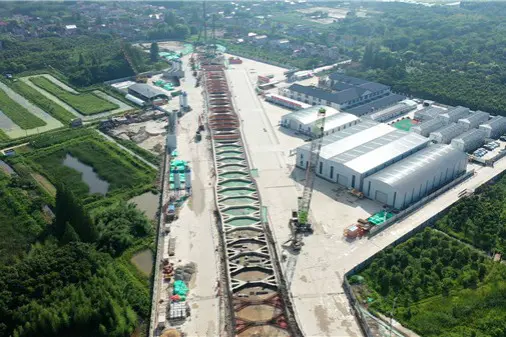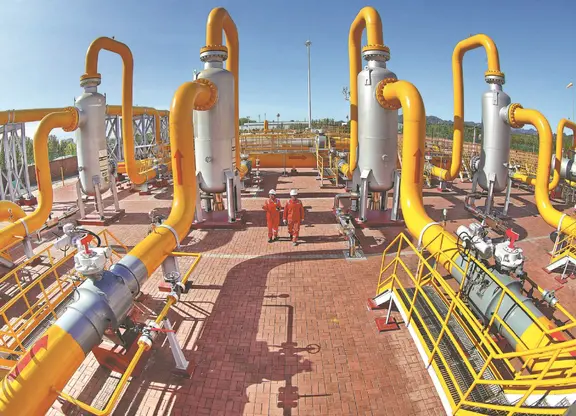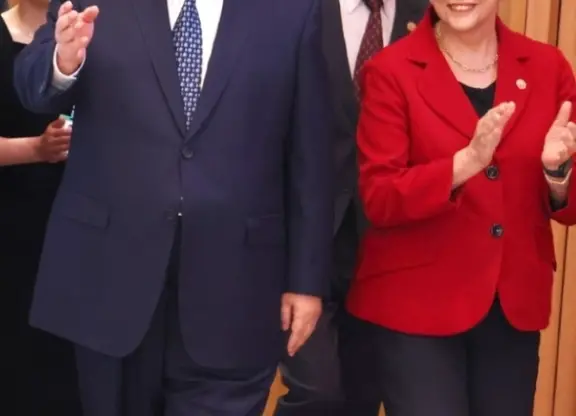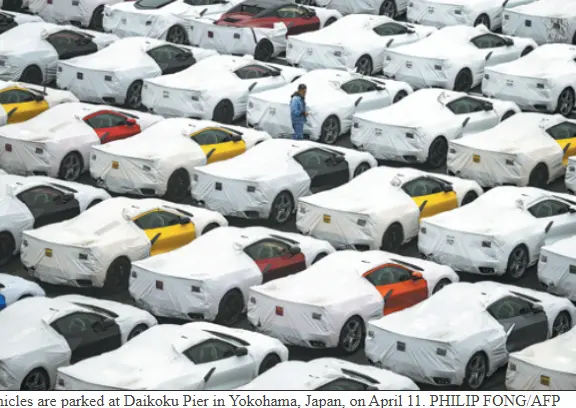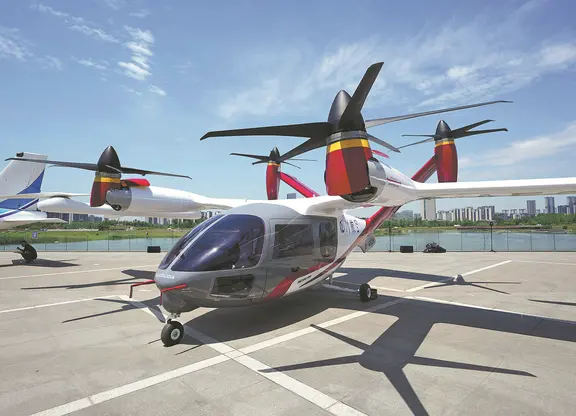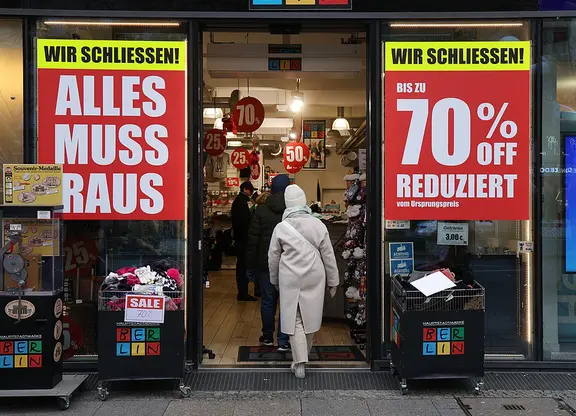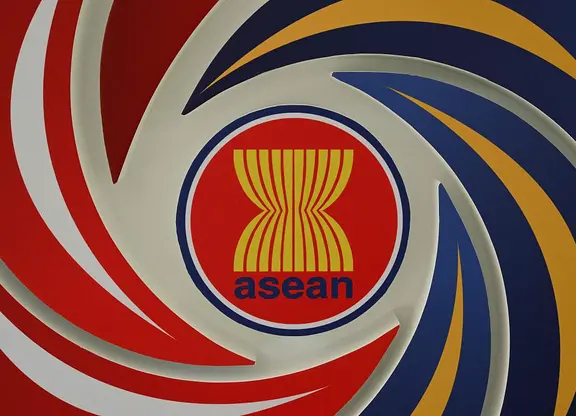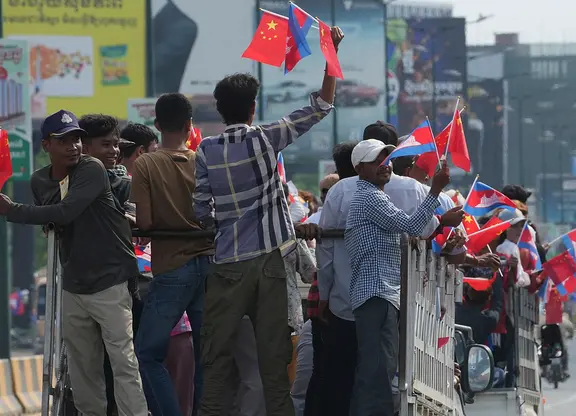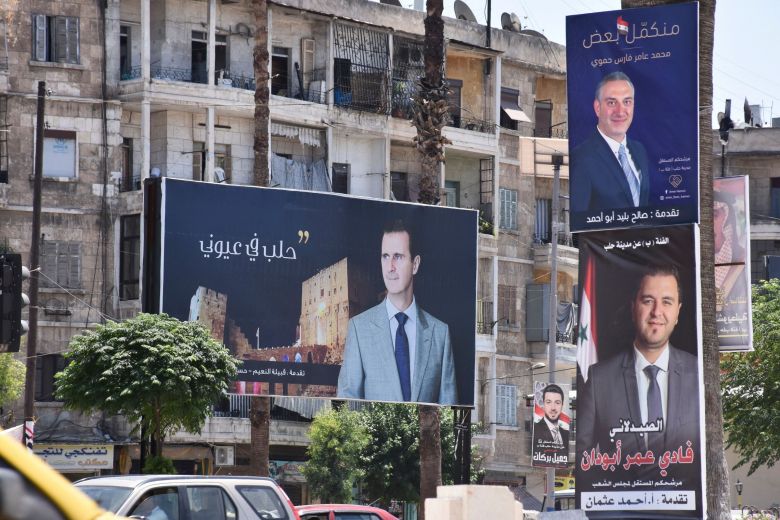
Portraits of the contenders have been displayed across the capital for weeks. /AFP
The newparliamentary elections in Syria kicked off on Sunday, the third elections since the conflict began in March 2011, amid the participation of President Bashar al-Assad and his wife Asma.
A total of 7,277 polling stations opened across the government-controlled areas on Sunday as voters are having the chance to vote for 1,656 candidates for the 250-seat parliament.
Both the president and his wife were seen wearing masks and casting their ballots at a polling center in the Ministry of Presidential Affairs.
Inside polling stations, all workers were wearing masks and gloves and voters had to use their own pens in the sanitized booths. Once they cast the ballots, voters had to leave immediately as no gatherings were allowed inside. People also had to keep a safe distance while waiting for their turn.
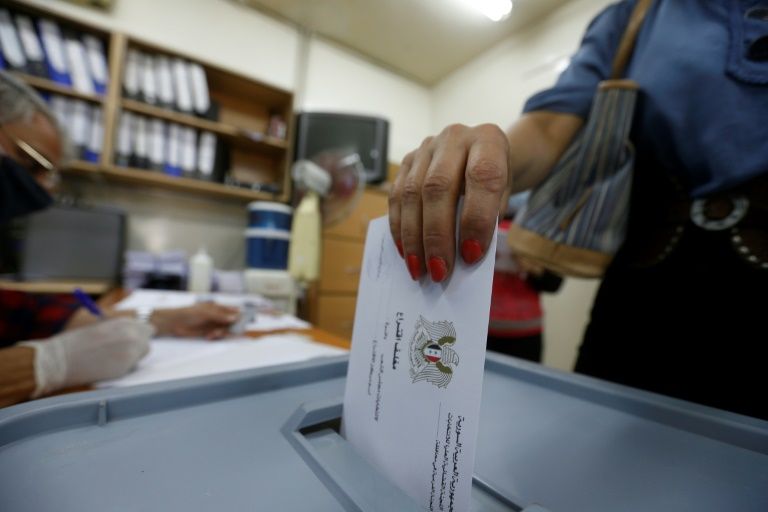
The Syrian election comes as the Damascus government grapples with international sanctions and a crumbling economy and voting is taking place for the first time in former opposition strongholds. /AFP
The elections, twice postponed by Assad from April due to the coronavirus pandemic, come at a time when most Syrians are worried about the soaring cost of living.
Many candidates are running on programs pledging to tackle inflation and improve infrastructure ravaged by the conflict.
Millions of Syrians living abroad, after fleeing a war that has killed more than 380,000 people, are not eligible to vote.
The government now controls around 70 percent of the Syrian territory. For the first time, voting will take place in territory retaken by the government, including the Eastern Ghouta region outside Damascus and in the south of Idlib province in the country's northwest.
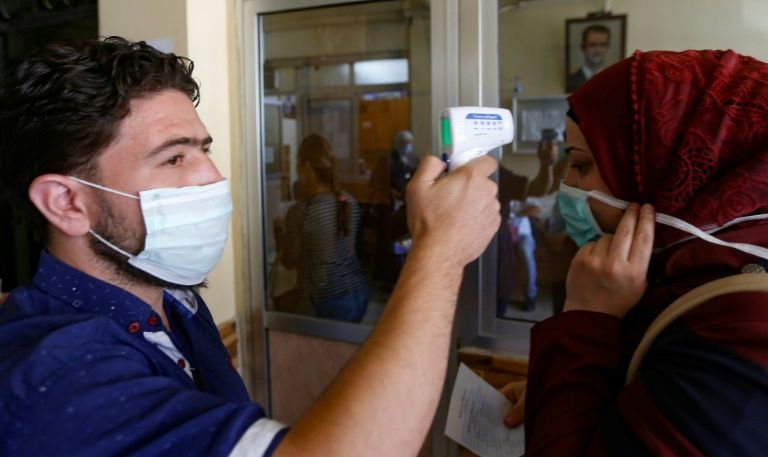
A woman gets her temperature checked before voting at a polling station in the Syrian capital Damascus. /AFP
This year's vote comes as Damascus struggles to redress an economy battered by nine years of war, Western sanctions and the fallout of a financial crisis in neighbouring Lebanon.
Food prices in Syria have shot up by more than 200 percent in the past year and stand at 20 times their pre-war levels, according to the World Food Programme.
More than 80 percent of Syrian people already live in poverty, and the UN food agency has warned that Syrians are facing an "unprecedented hunger crisis."
The elections also come as Assad marked a second decade in power this month, and weeks after the United States imposed new sanctions on Syria including on the president's wife.
The next presidential polls are expected in 2021, and candidates will need the written approval of at least 35 members of parliament.
Syria, that had a pre-war population of 22 million, has reported 496 positive cases of COVID-19 and 25 deaths caused by the virus, according to the latest data from Johns Hopkins University.
(With input from agencies)
 简体中文
简体中文


